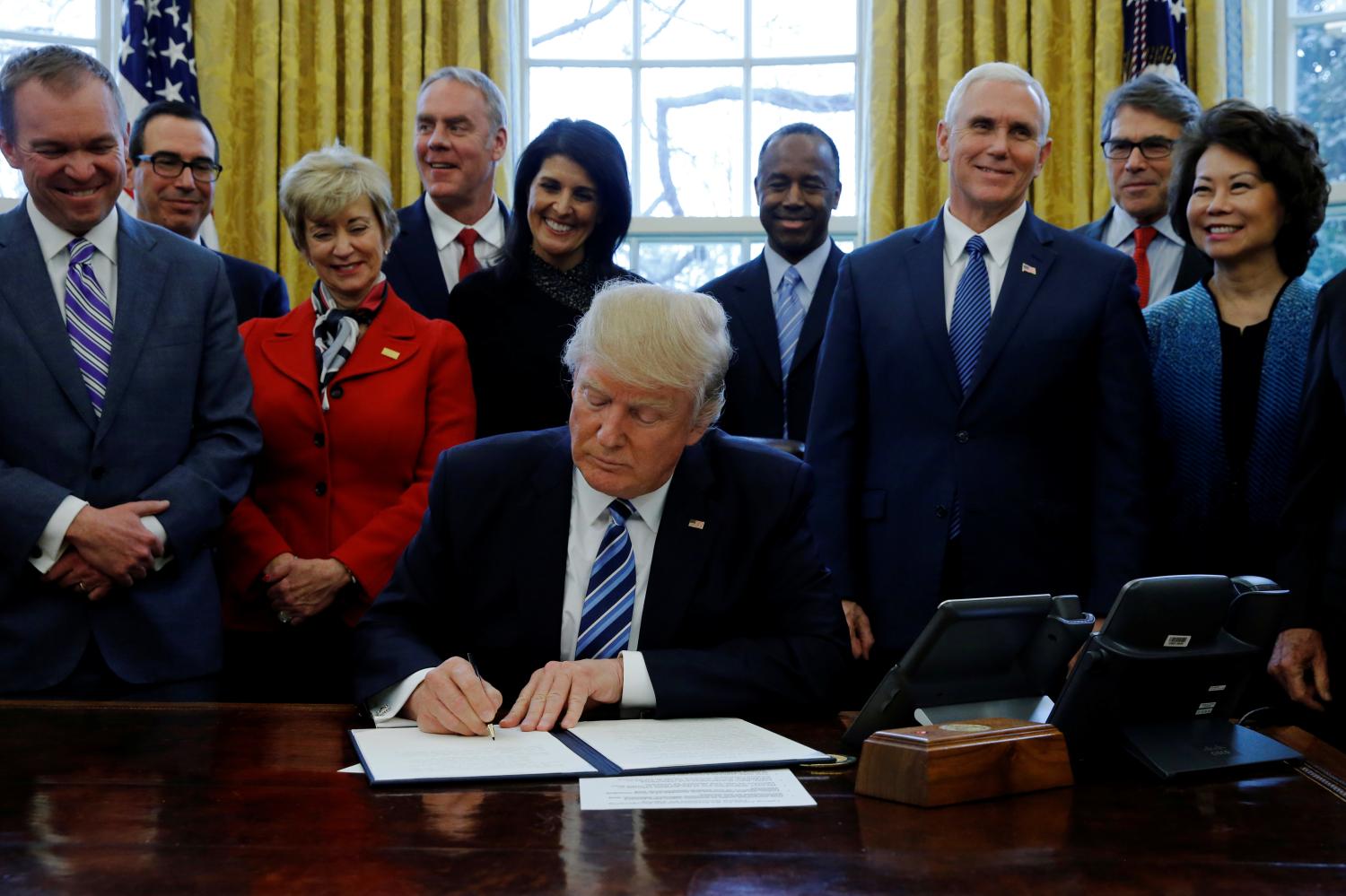The percentage of Americans who think it would be best for the United States to stay out of world affairs is at an all-time high since World War II, write Diana Mutz and Edward Mansfield. This isolationist trend in public opinion is happening at a time when few things are more inevitable than the rising tide of economic globalization.
In this paper, these scholars explore the factors driving mass attitudes toward two key features of globalization, international trade and offshore outsourcing. That the U.S. public is so ambivalent about globalization at the same time that the health of the U.S. economy remains heavily dependent on it makes it all the more urgent that the public and political leaders share an understanding of what is at stake, these scholars argue. Unfortunately, Mutz and Mansfield observe, there is a huge chasm between how the American public thinks about these issues compared to how social scientists and political leaders do so. The 2012 election may have only exacerbated this problem.
Based on a nationally representative survey that Mutz and Mansfield conducted immediately prior to the election, mass opinion is largely hostile to globalization, and the public consistently perceives its political leaders to be significantly more supportive of global economic involvement than they are themselves. Both Barack Obama and Mitt Romney were viewed by voters as more supportive of trade and outsourcing than the American public at large. Both candidates also considered China to be more of an economic opportunity, whereas the public viewed China as more of an economic threat. In this paper, the authors identify some major misconceptions about the sources of these attitudes, misconceptions that may serve as impediments to smoothing a path toward economic globalization.
The Brookings Institution is committed to quality, independence, and impact.
We are supported by a diverse array of funders. In line with our values and policies, each Brookings publication represents the sole views of its author(s).



